How to Fix a Leaking Kitchen Sink
If you've noticed a constant drip or puddle of water under your kitchen sink, chances are you have a leak. Not only can this be a nuisance, but it can also lead to water damage and higher water bills. Don't worry, fixing a leaking kitchen sink is a simple task that you can do yourself. Follow these steps to stop the leak and prevent it from happening again.
How to Repair a Leaky Kitchen Sink
The first step in repairing a leaky kitchen sink is identifying the source of the leak. Most often, the leak is coming from the faucet or the water supply line. Inspect these areas for any visible cracks or loose connections. If the issue is with the faucet, you may need to replace the O-ring or cartridge to stop the leak.
DIY Kitchen Sink Leak Repair
Fixing a leaking kitchen sink is a task that can easily be done by yourself, without the need for a plumber. However, it's important to have the right tools and materials on hand before starting the repair. You'll need an adjustable wrench, plumber's tape, and replacement parts if necessary. It's also a good idea to have some towels or a bucket nearby to catch any excess water.
Common Causes of Kitchen Sink Leaks
There are several reasons why your kitchen sink may be leaking. One of the most common causes is wear and tear of the faucet parts. Over time, the O-ring, cartridge, or washer can become damaged, causing a leak. Another common cause is loose connections in the water supply line or incorrect installation. It's important to regularly check these areas to prevent leaks from occurring.
Steps to Stop a Kitchen Sink from Leaking
If you've identified the source of the leak and have the necessary tools, you can follow these steps to stop your kitchen sink from leaking. First, turn off the water supply to the sink. This is usually located under the sink or in the basement. Then, use your adjustable wrench to tighten any loose connections in the water supply line. If the issue is with the faucet, follow the manufacturer's instructions to replace any damaged parts.
How to Detect a Water Supply Leak in Your Kitchen Sink
If you're not sure where the leak is coming from, there are a few ways to detect a water supply leak in your kitchen sink. One method is to turn off all the faucets in your home and check your water meter. If the meter is still running, it's likely that you have a leak. You can also add a few drops of food coloring to the water in your sink and check to see if the water in the toilet bowl changes color. If it does, you have a leak in your toilet, not your sink.
Tips for Fixing a Leaking Kitchen Sink Faucet
When fixing a leaking kitchen sink faucet, there are a few tips to keep in mind. First, make sure to turn off the water supply before starting any repairs. This will prevent any further leaks or damage. Second, clean all the parts before reassembling the faucet. This will help ensure a tight seal and prevent future leaks. Lastly, if you're not confident in your DIY skills, don't hesitate to call a professional plumber for assistance.
Preventing Water Supply Leaks in Your Kitchen Sink
The best way to deal with a leaking kitchen sink is to prevent it from happening in the first place. Regularly checking for loose connections and replacing damaged parts can help keep your sink leak-free. You can also install a water leak detection system that will alert you if there's a leak in your kitchen sink. Taking preventative measures can save you time, money, and hassle in the long run.
Signs of a Leaking Water Supply Line in Your Kitchen Sink
If you suspect that the leak is coming from the water supply line, there are a few signs to look out for. These include low water pressure, rust or corrosion on the supply line, and a musty smell under the sink. If you notice any of these signs, it's important to address the issue as soon as possible to prevent further damage.
Professional Plumbing Services for Kitchen Sink Leaks
If you're not comfortable fixing a leaking kitchen sink yourself, you can always call a professional plumber for assistance. They have the necessary tools and expertise to identify and fix the issue quickly and effectively. They can also provide regular maintenance to prevent future leaks and ensure the longevity of your kitchen sink.
In conclusion, a leaking kitchen sink may seem like a small issue, but it can lead to bigger problems if not addressed promptly. By following these tips and taking preventative measures, you can keep your kitchen sink leak-free and avoid costly repairs in the future.
How to Fix a Leaking Water Supply in Your Kitchen Sink

Identify the Source of the Leak

If you've noticed a puddle of water under your kitchen sink, don't panic. A leaking water supply is a common household issue that can be easily fixed with a few simple steps. The first thing you need to do is identify the source of the leak. Check all the pipes and connections under your sink to see if any are visibly leaking. Some common causes of kitchen sink leaks include loose connections, worn out washers, or corroded pipes. Knowing where the leak is coming from will help you determine the best course of action.
Tighten Loose Connections

If you find that the leak is coming from a loose connection, the solution is simple. Use a wrench to tighten the connection and stop the leak. Make sure to turn off the water supply before attempting to tighten any connections to avoid any accidental water spills or injuries. If the connection is still leaking after tightening, it may be time to replace the washer or O-ring.
Replace Washers and O-rings

Washers and O-rings are small but essential parts of your kitchen sink's plumbing system. Over time, they can become worn out or damaged, causing leaks. Replacing these parts is an easy and cost-effective way to fix a leaking water supply. Make sure to turn off the water supply and drain any remaining water from the pipes before replacing the washer or O-ring. You can find replacement parts at your local hardware store or home improvement center.
Call a Professional

If you are unable to fix the leak yourself, it may be time to call a professional plumber. They have the expertise and tools to quickly identify and fix any leaks in your kitchen sink's water supply. It's always better to address the issue sooner rather than later to avoid any potential water damage to your home. Plus, hiring a professional can give you peace of mind knowing the job is done correctly.
In conclusion, a leaking water supply in your kitchen sink is a common problem that can be easily fixed with the right tools and knowledge. Regularly checking your pipes and connections for any signs of leaks can help prevent bigger issues in the future. Remember to turn off the water supply before attempting any repairs and don't hesitate to call a professional if needed. With these tips, you can quickly fix any kitchen sink leaks and keep your home's water supply running smoothly.



















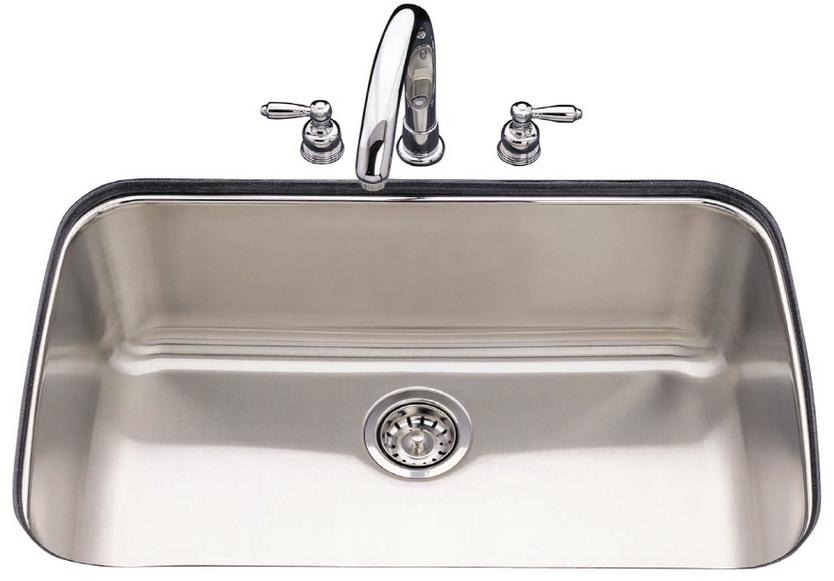

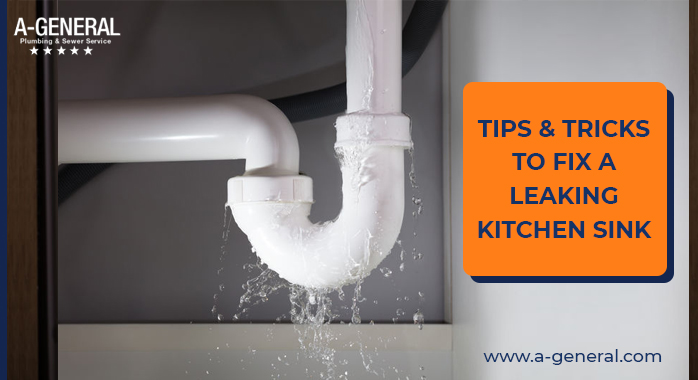



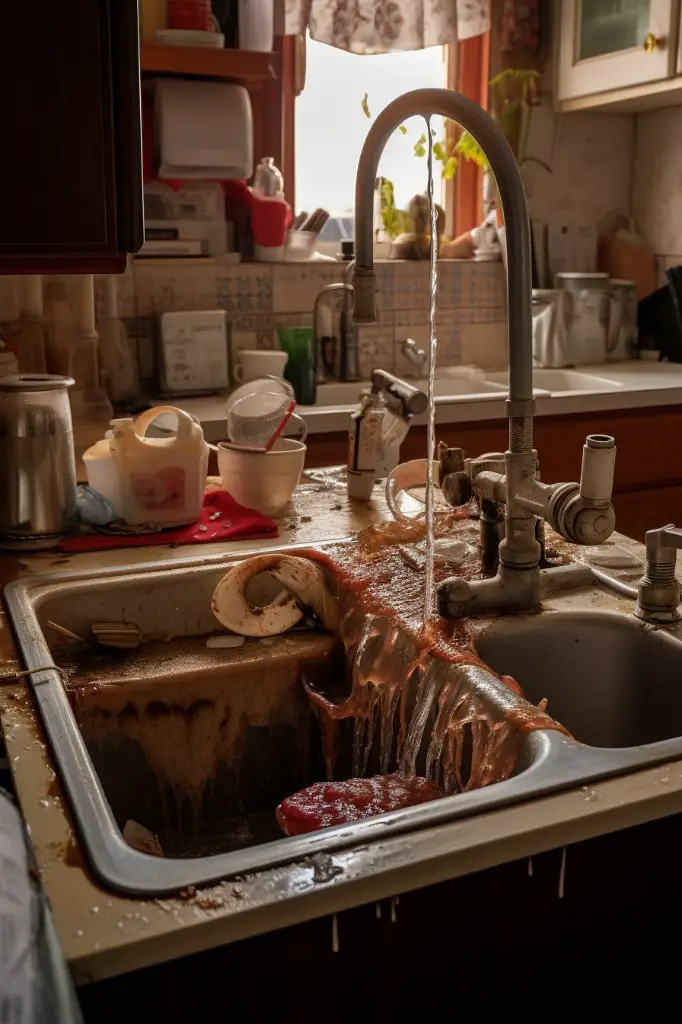





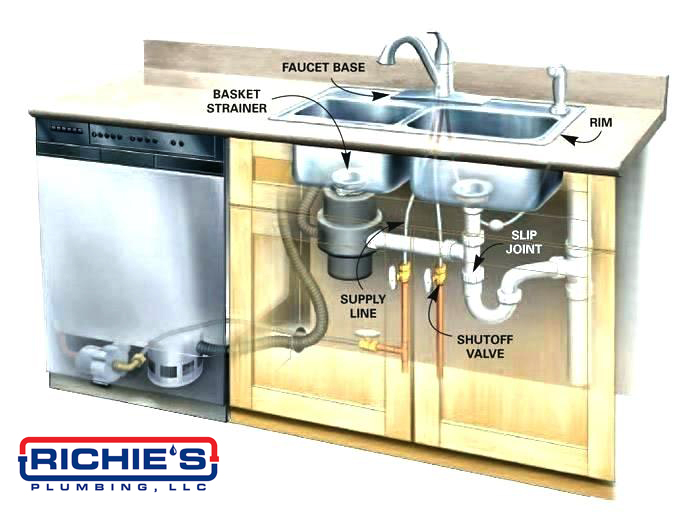
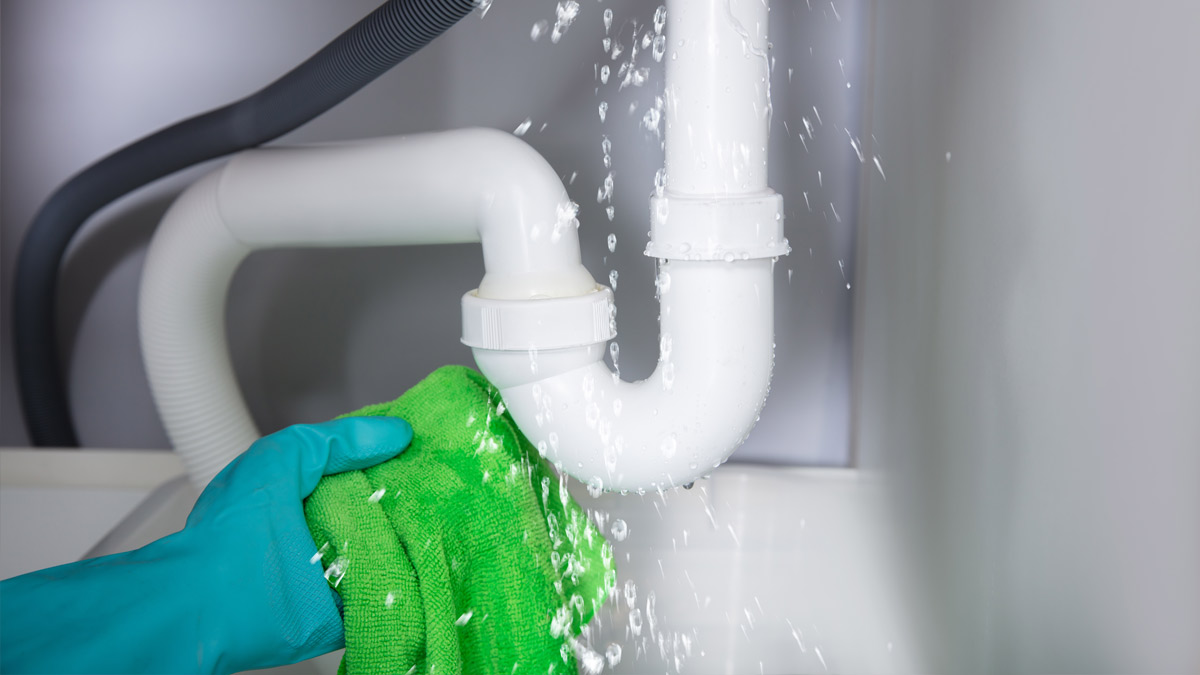
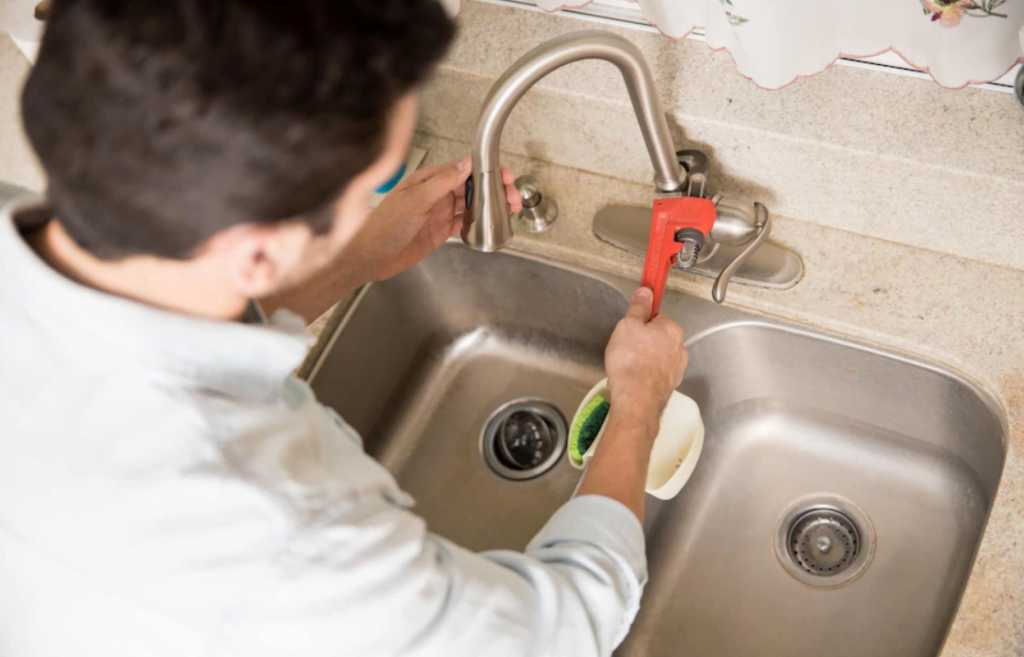
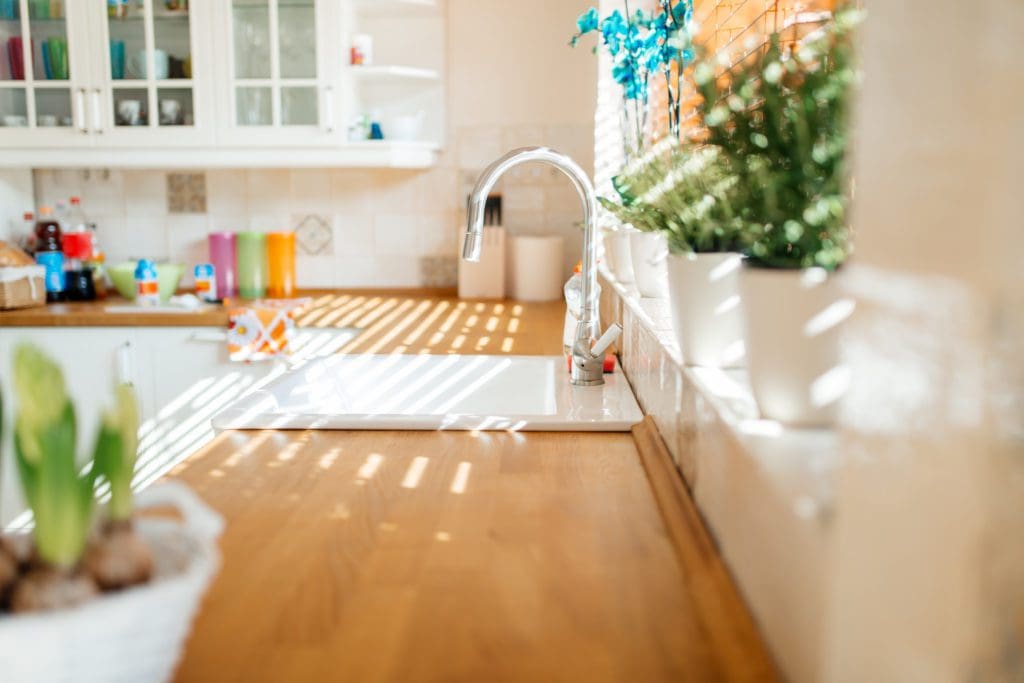

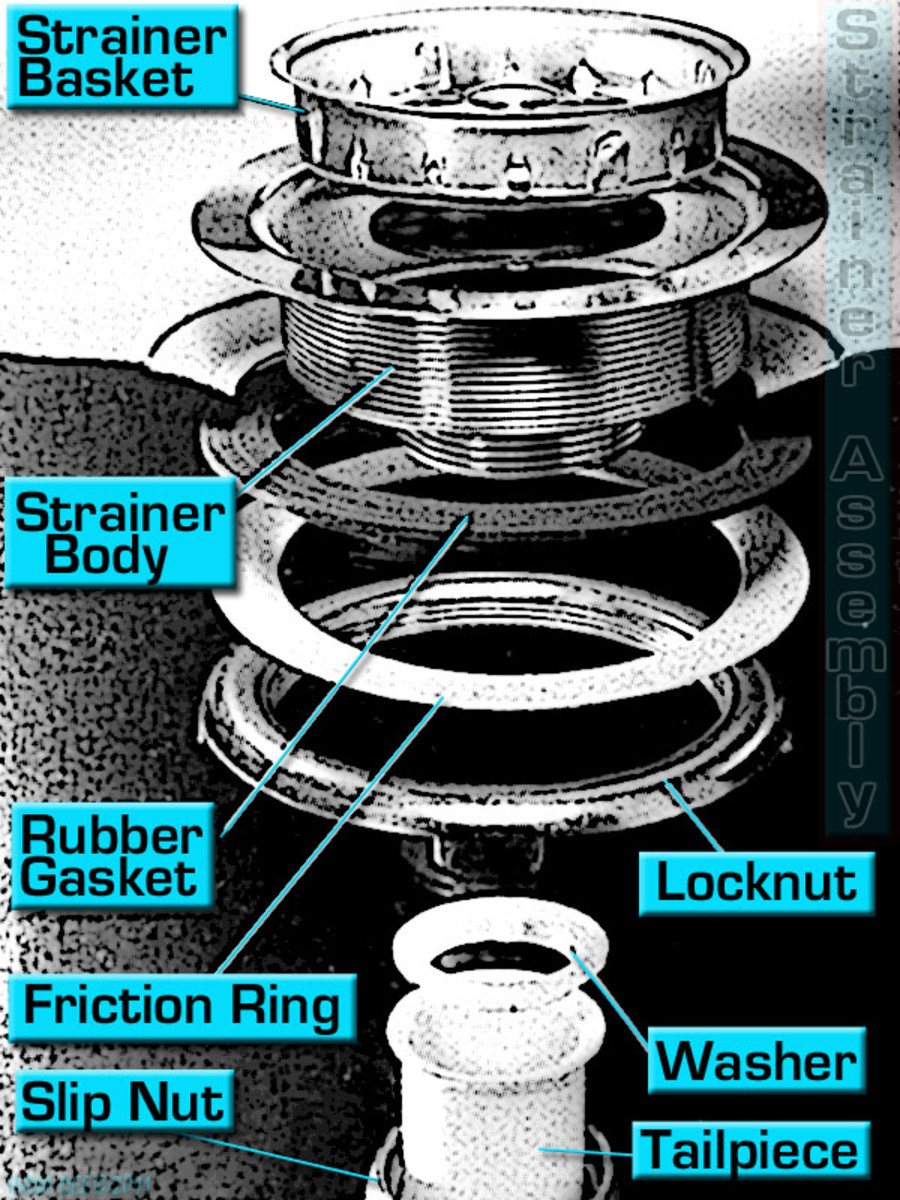

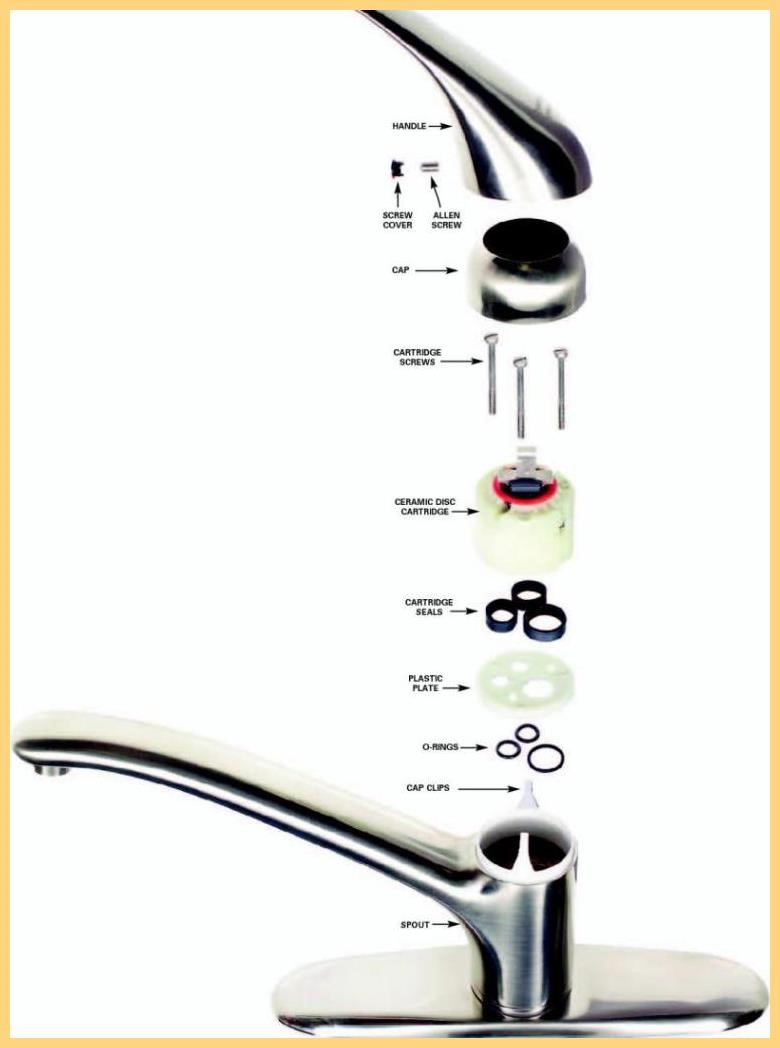
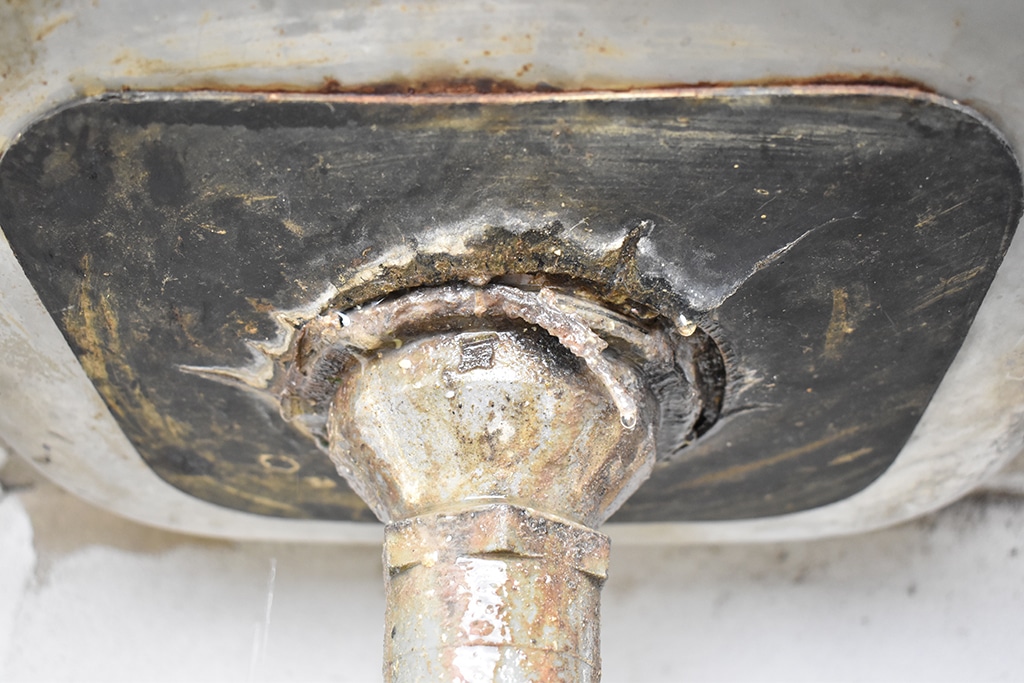
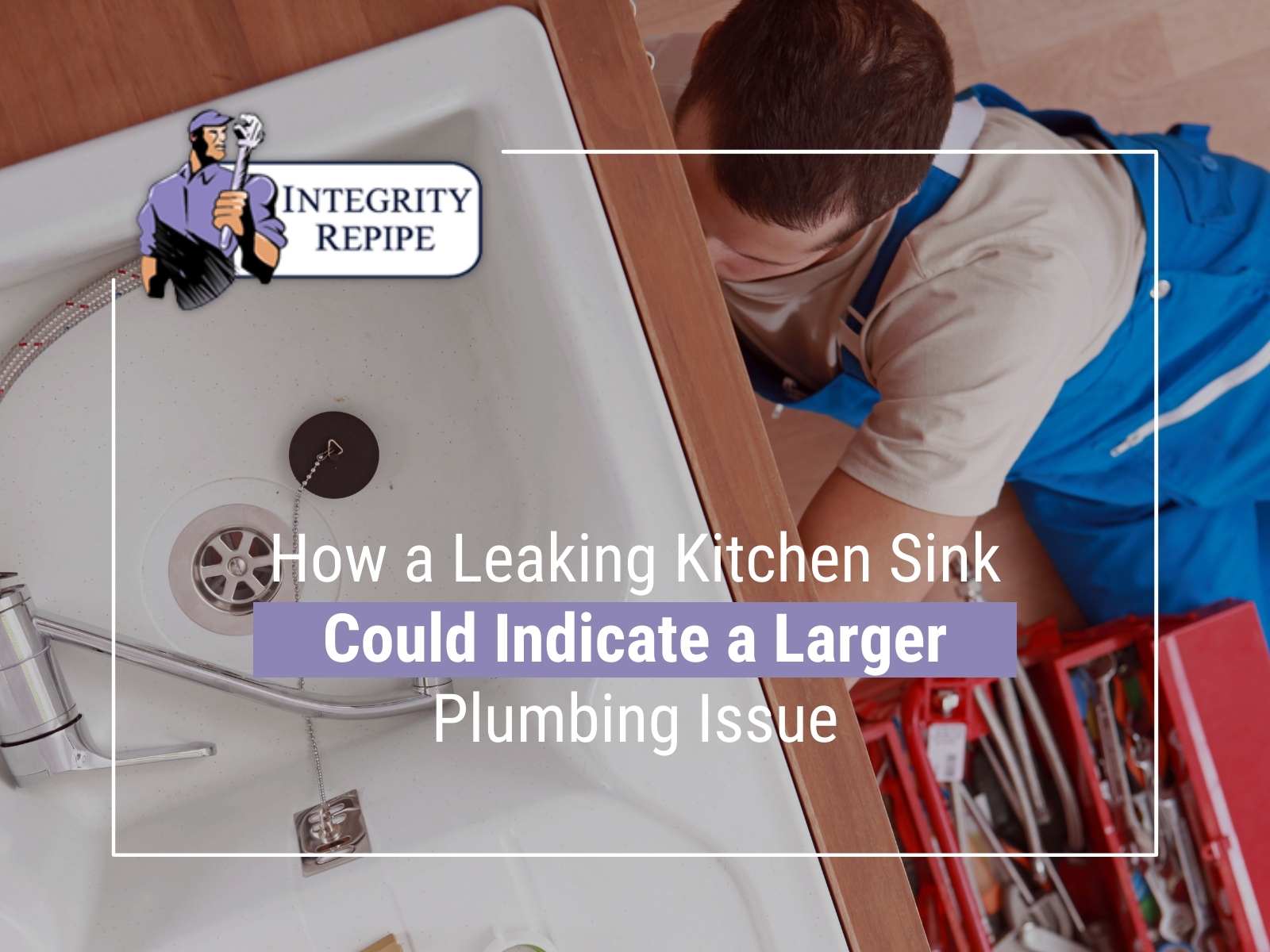
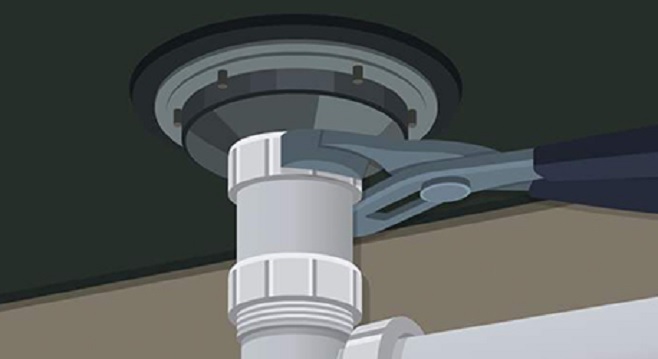


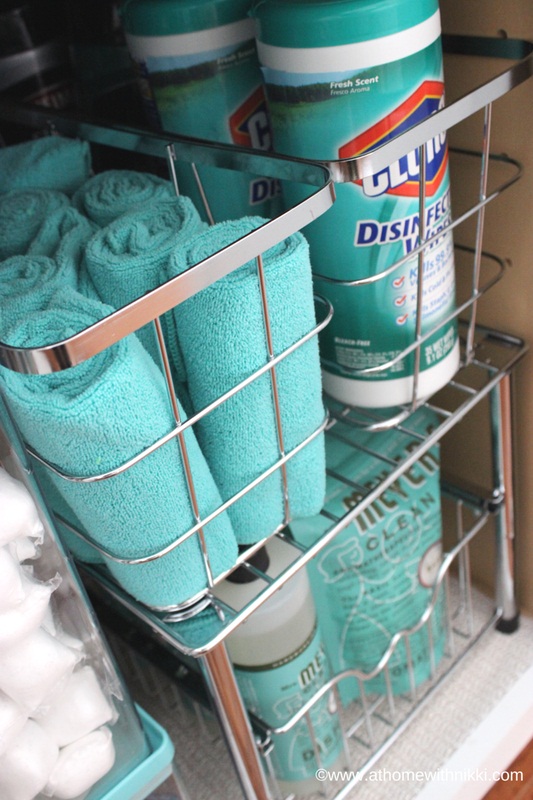

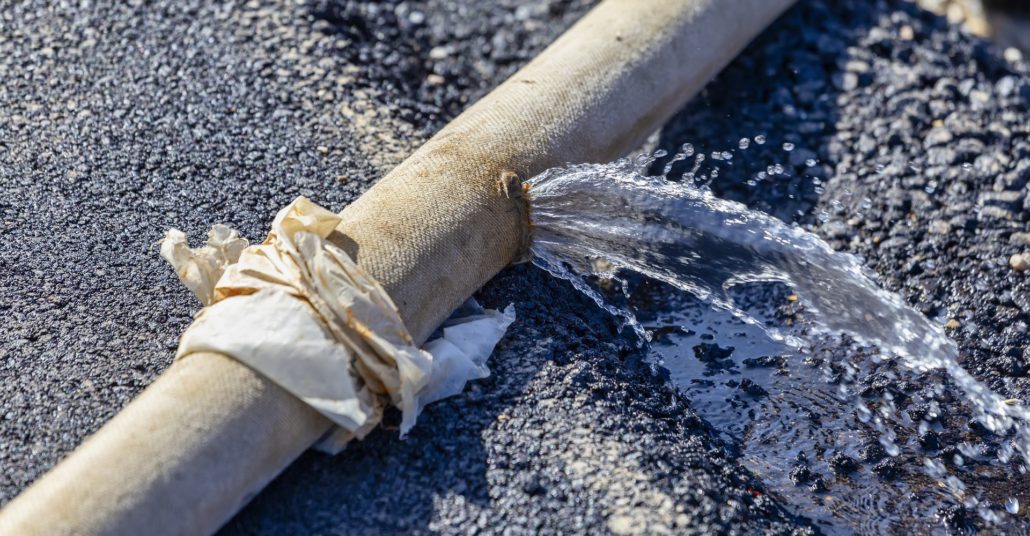
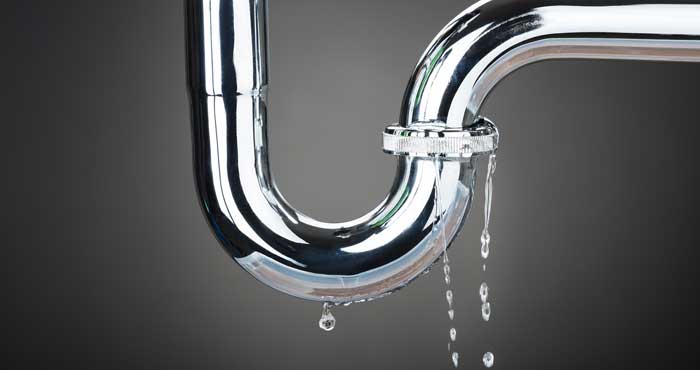
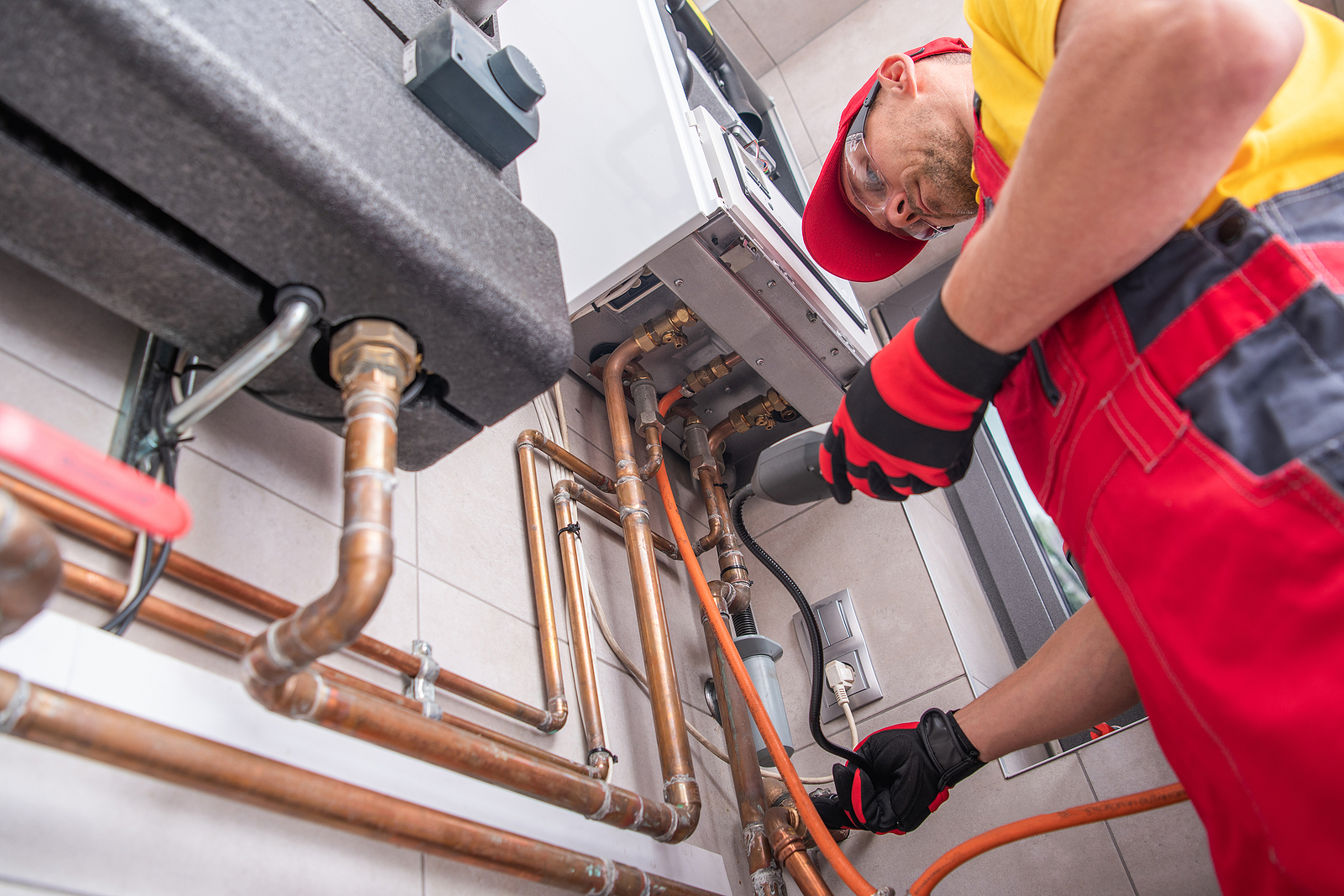

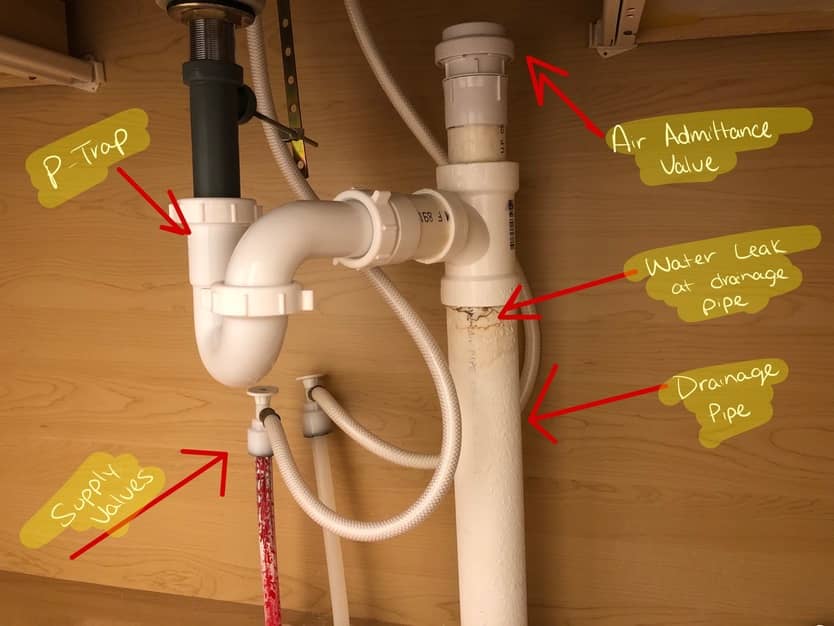




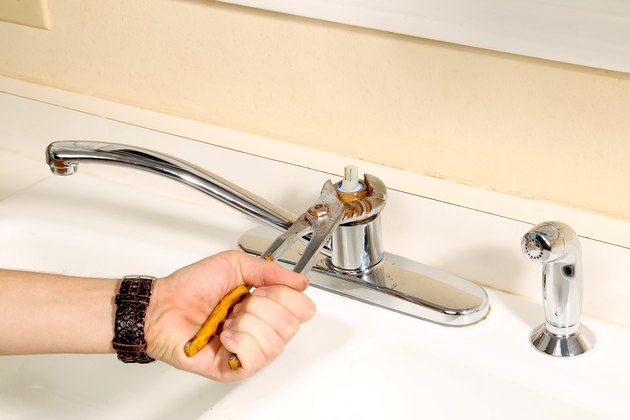
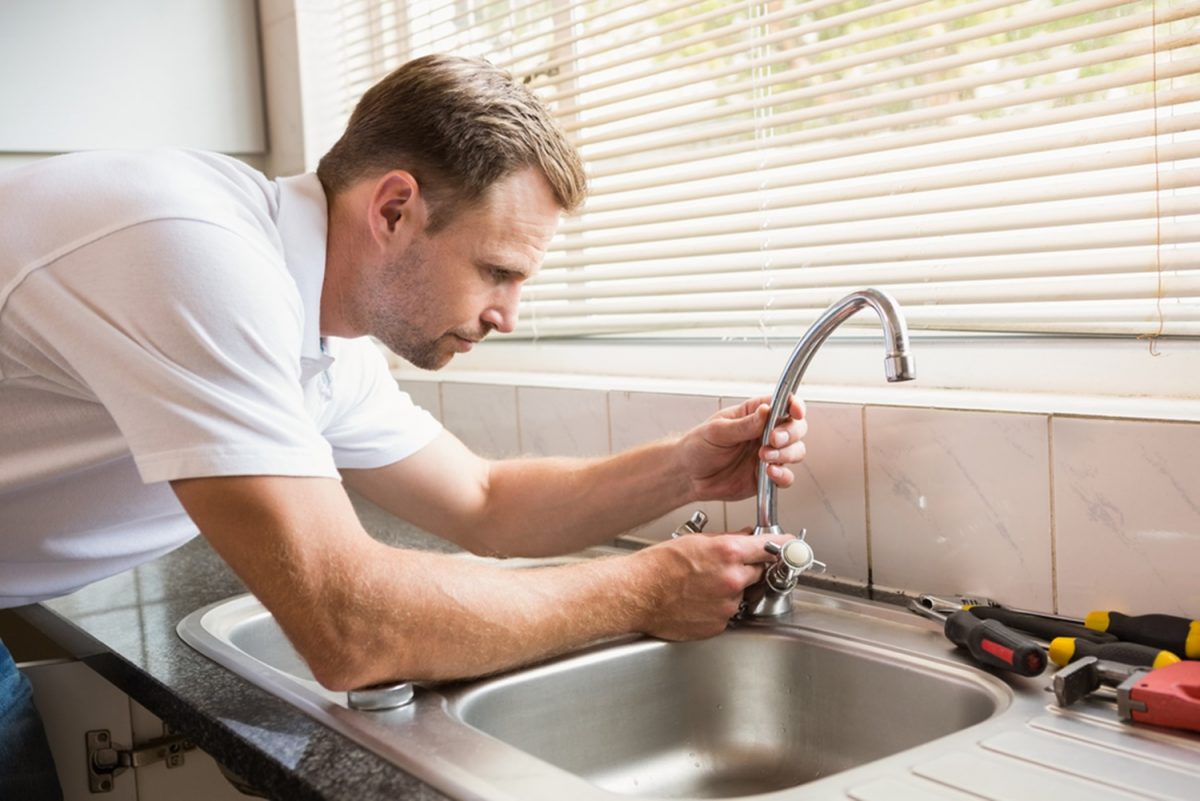



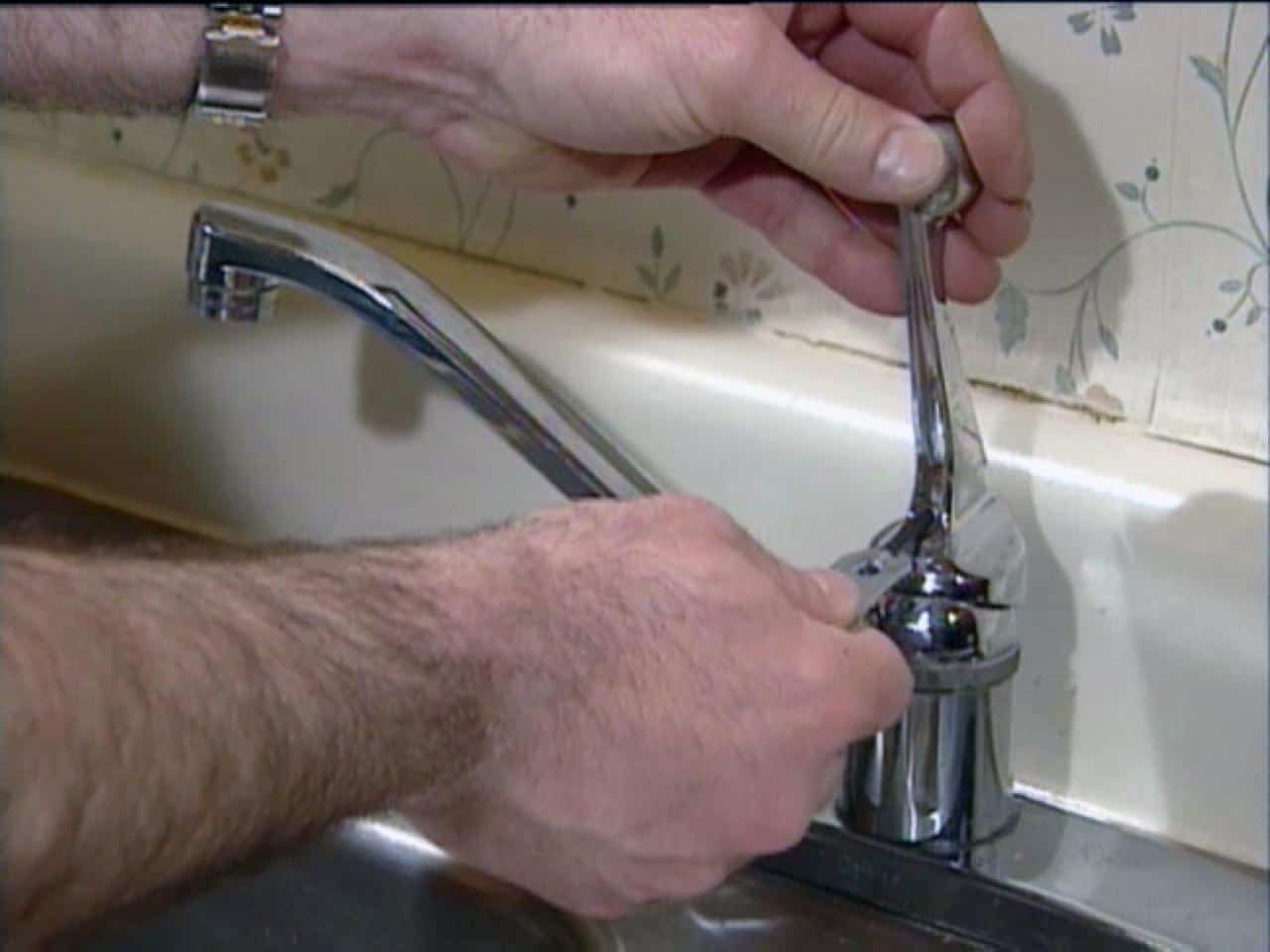






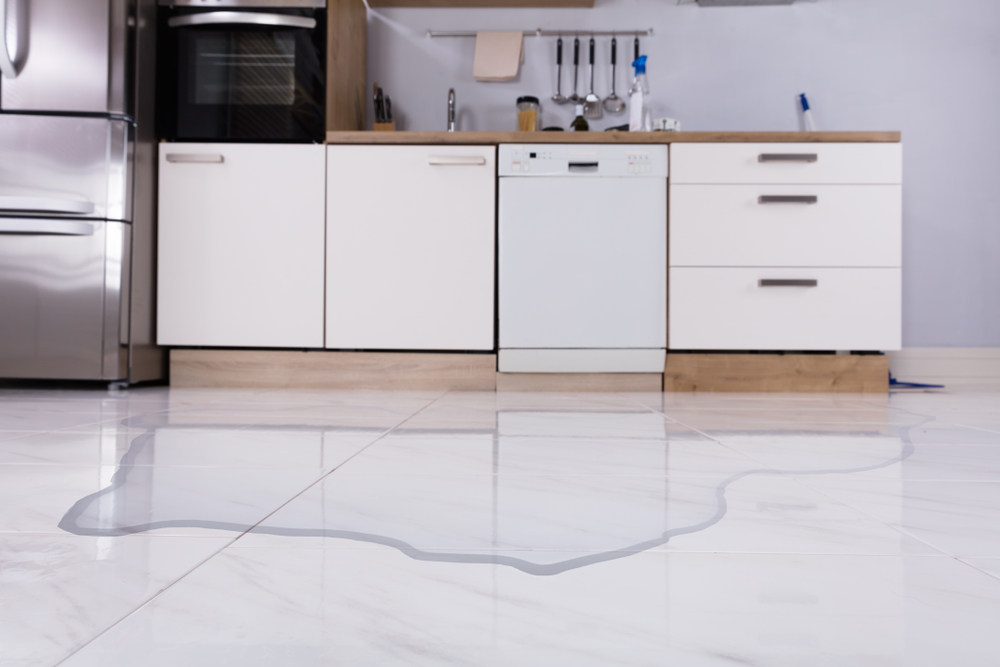







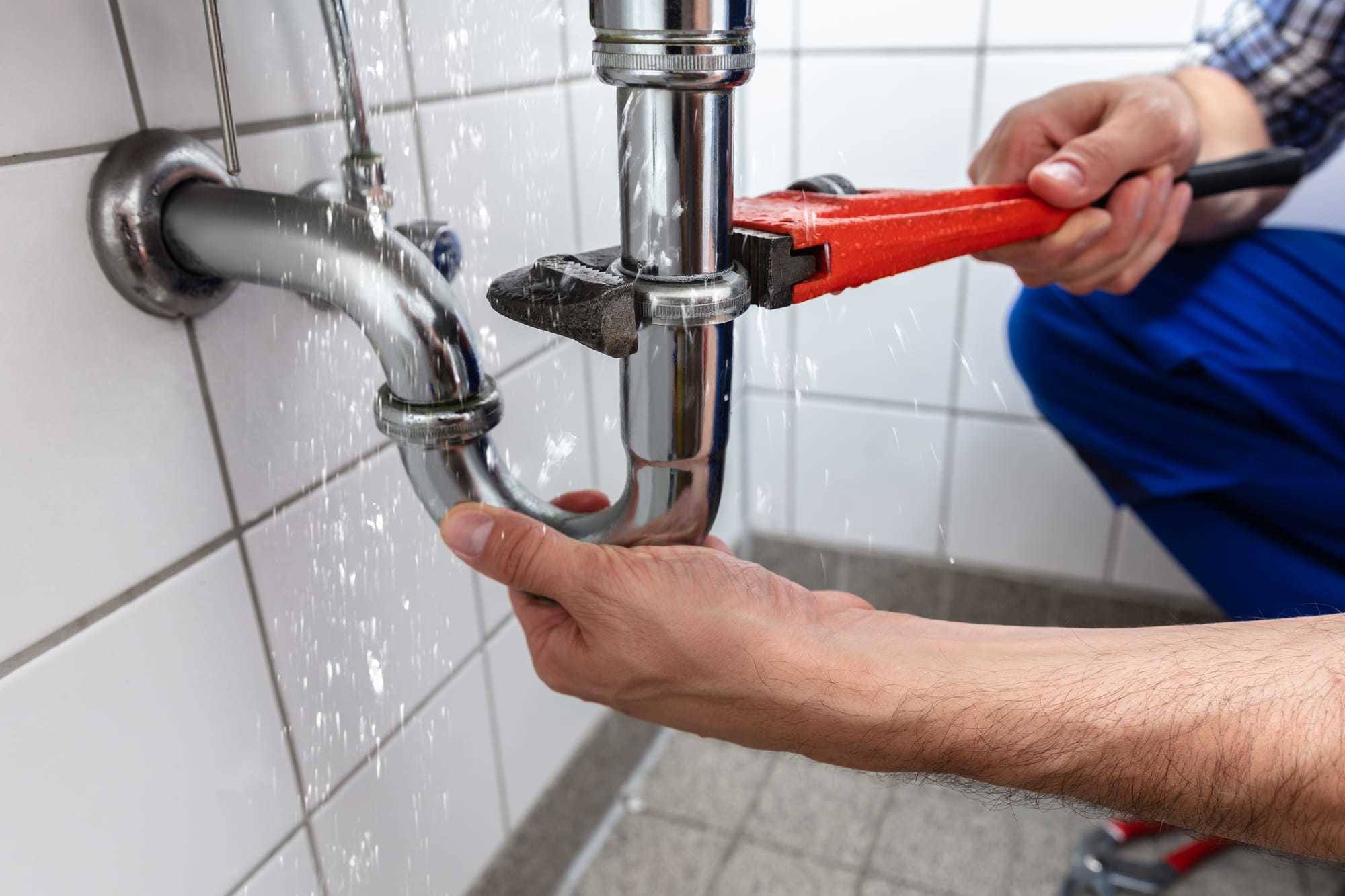
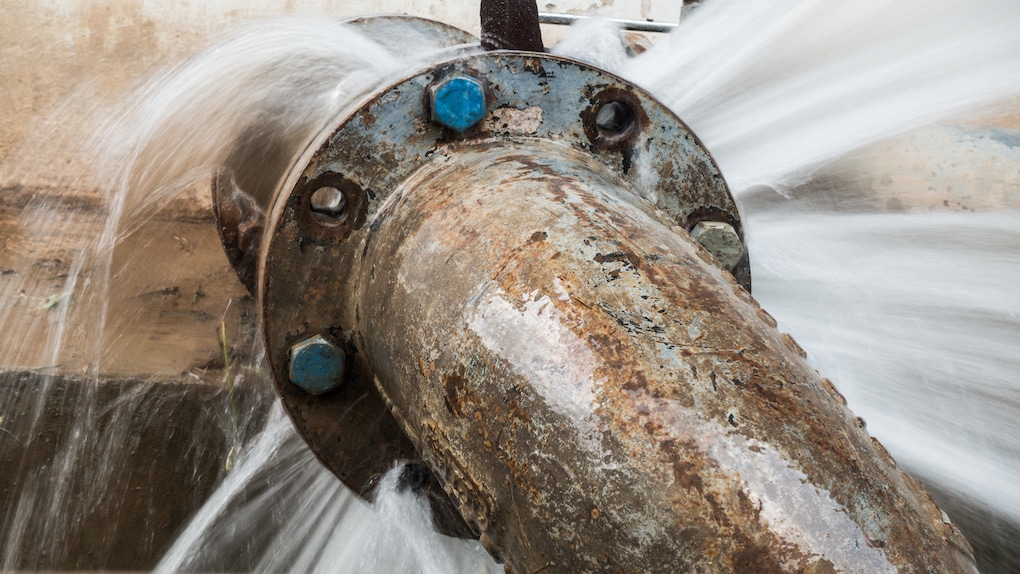
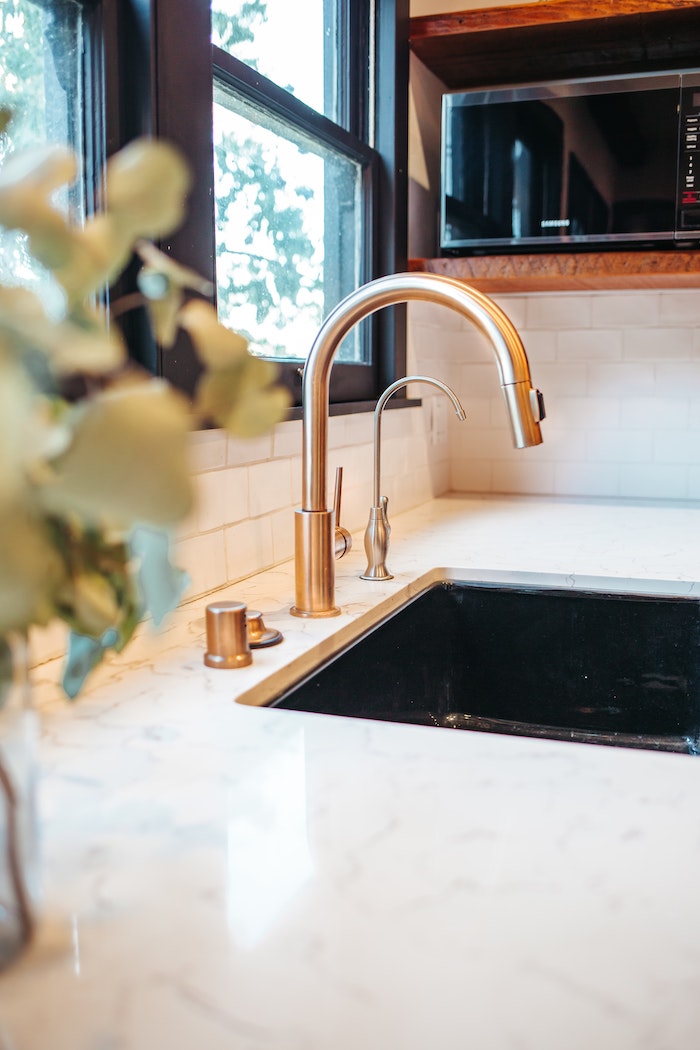

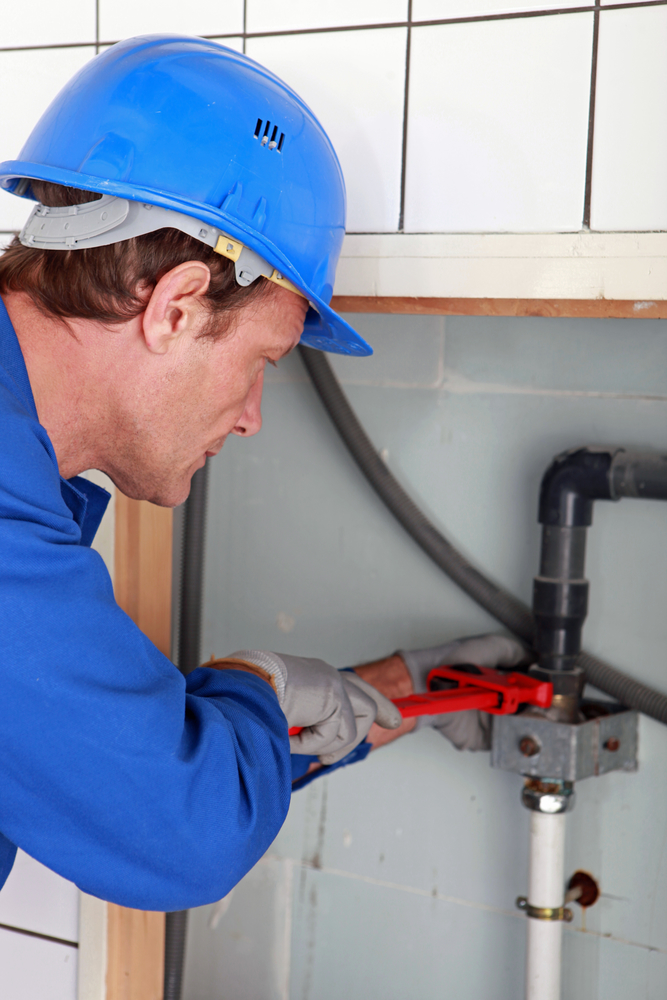
/how-to-install-a-sink-drain-2718789-hero-24e898006ed94c9593a2a268b57989a3.jpg)








